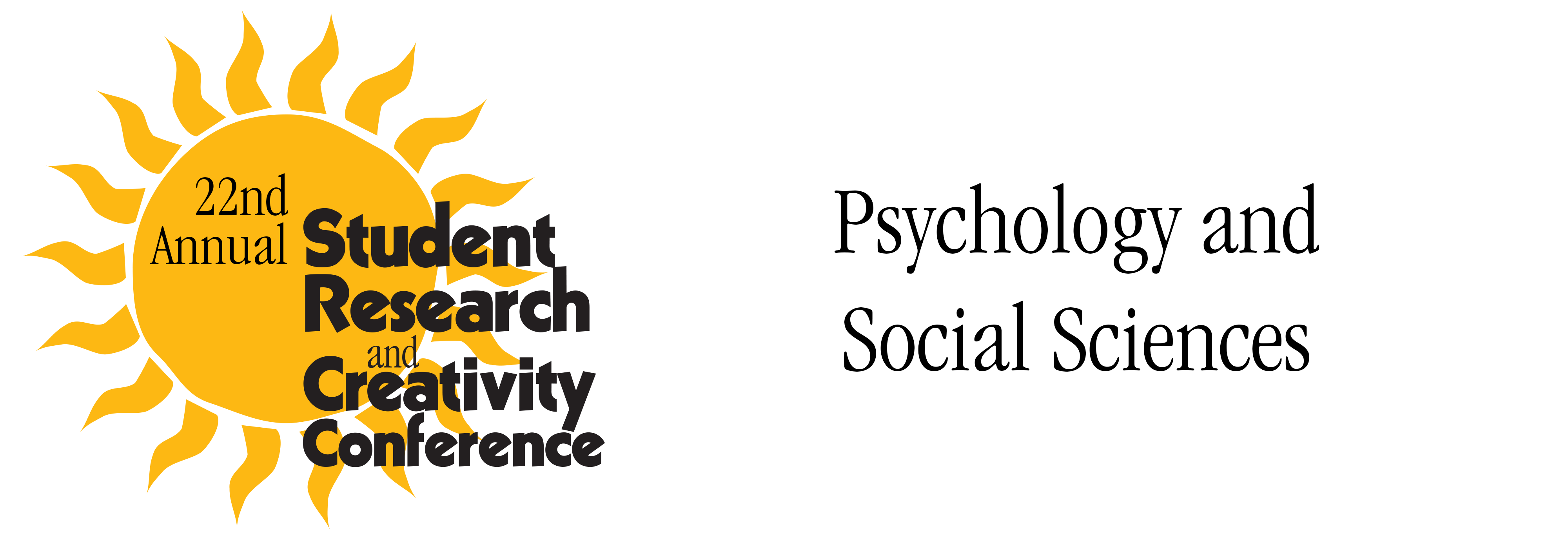
Files
Download Full Text (377 KB)
Description
Kristin Czajka, Biopsychology
Faculty Mentor: Professor Naomi McKay, Psychology
Recently, the McKay Lab found that salivary cortisol, a biomarker used to measure stress, was blunted among a sample cohort in response to the Trier Social Stress Test (TSST). Psychosocial stressors, such as the TSST, have been shown to reliably induce a stress response. The current study aimed to determine if salivary alpha amylase, a digestive enzyme associated with the autonomic nervous system, would be a more suitable biomarker for stress in individuals displaying a blunted cortisol response to stress. Therefore, the current study retrospectively analyzed saliva samples from that previous study to determine the effect that stress had on salivary alpha amylase levels. It was hypothesized that there would be an increase in salivary alpha amylase after exposure to a laboratory stressor, which was tested with a Within-Subjects Analysis of Variance. Time was the within-subjects independent variable and salivary alpha amylase was the dependent variable. Results indicated a significant main effect of time and salivary alpha amylase, (F (2) = 3.75, p=.029). Post hoc analysis indicated that there was a significant increase in salivary alpha amylase between baseline and post-stress, (p=.001). These results suggest that salivary alpha amylase may be a more suitable biomarker for stress among individuals displaying a blunted cortisol response.
Publication Date
2020
Recommended Citation
Czajka, Kristin, "Salivary Alpha Amylase as a Biomarker for Stress Reactivity" (2020). Psychology and Social Sciences. 22nd Annual Student Research and Creativity Conference. SUNY Buffalo State.
https://digitalcommons.buffalostate.edu/srcc-sp20-psychsocsci/11



